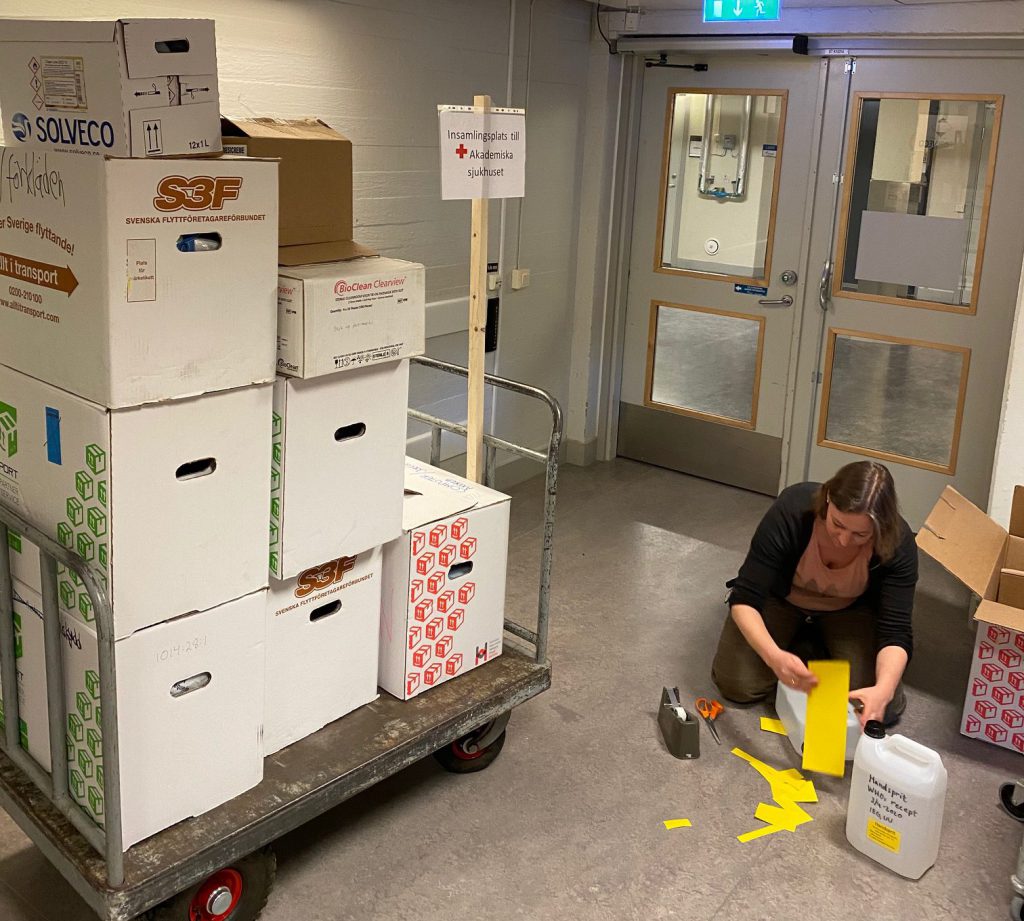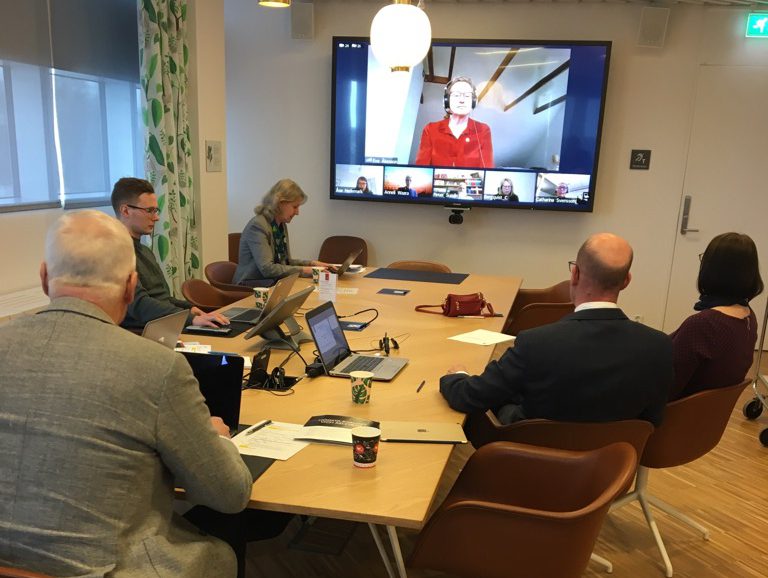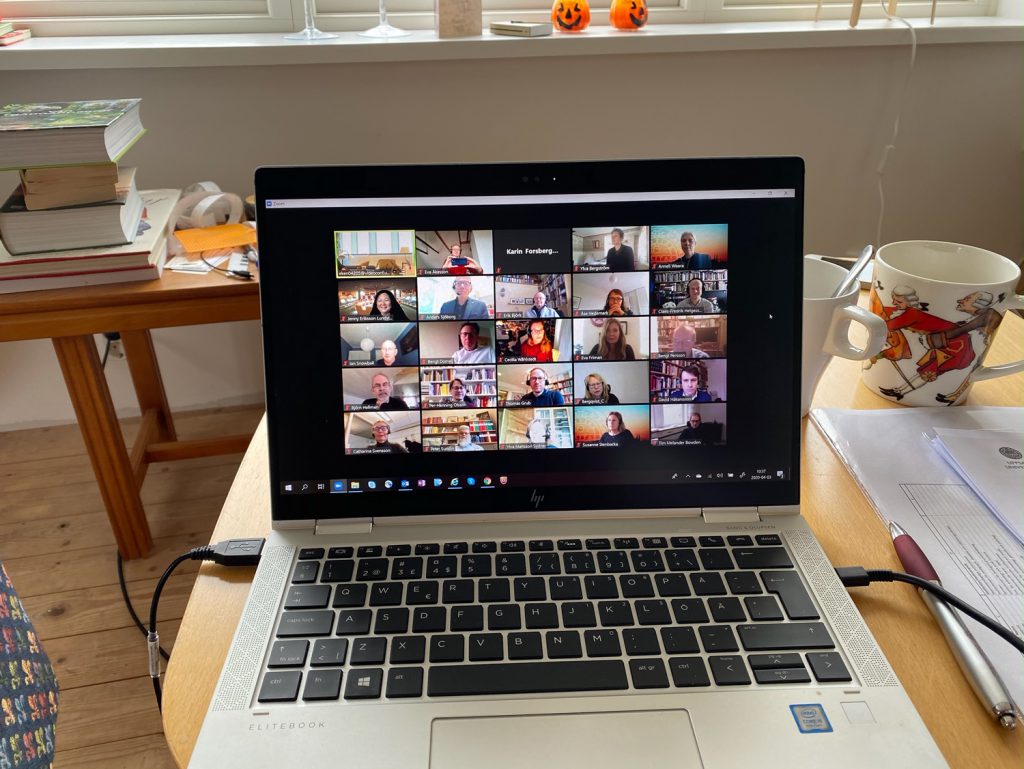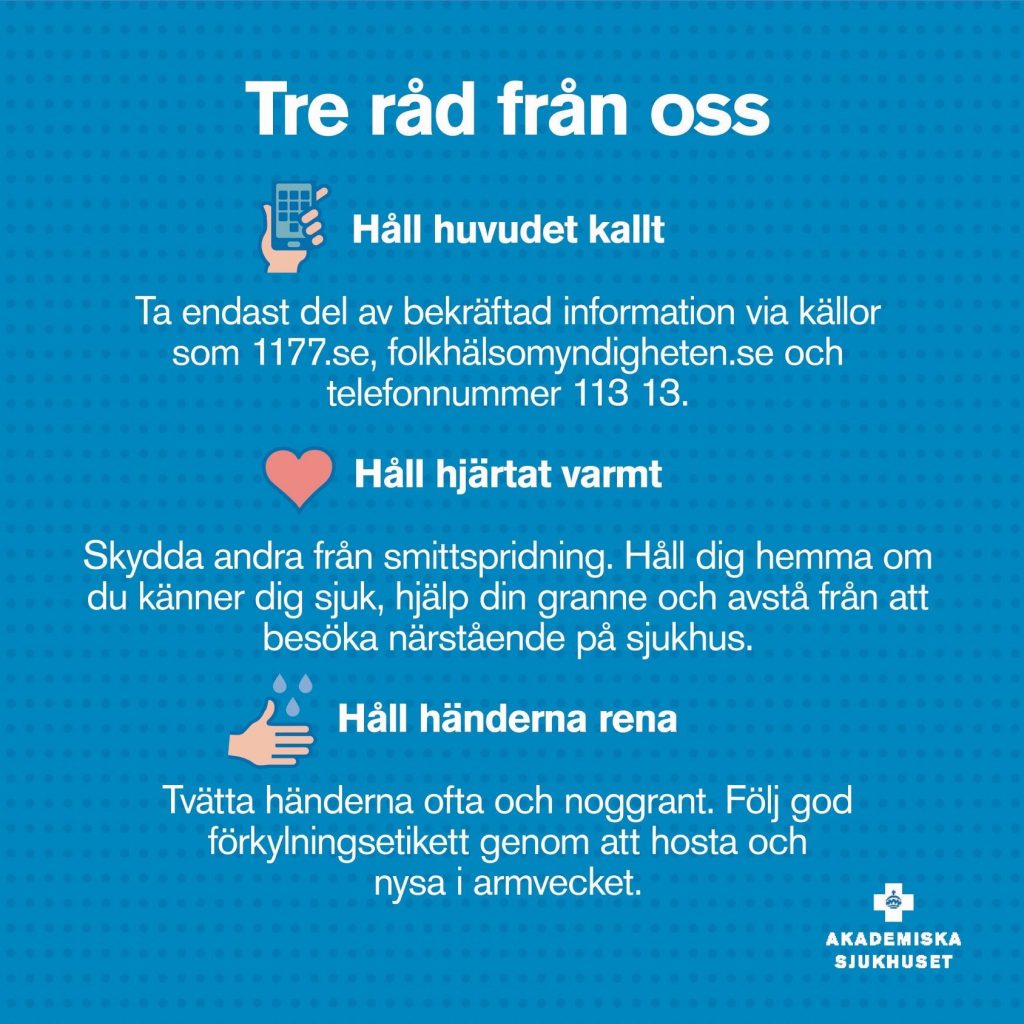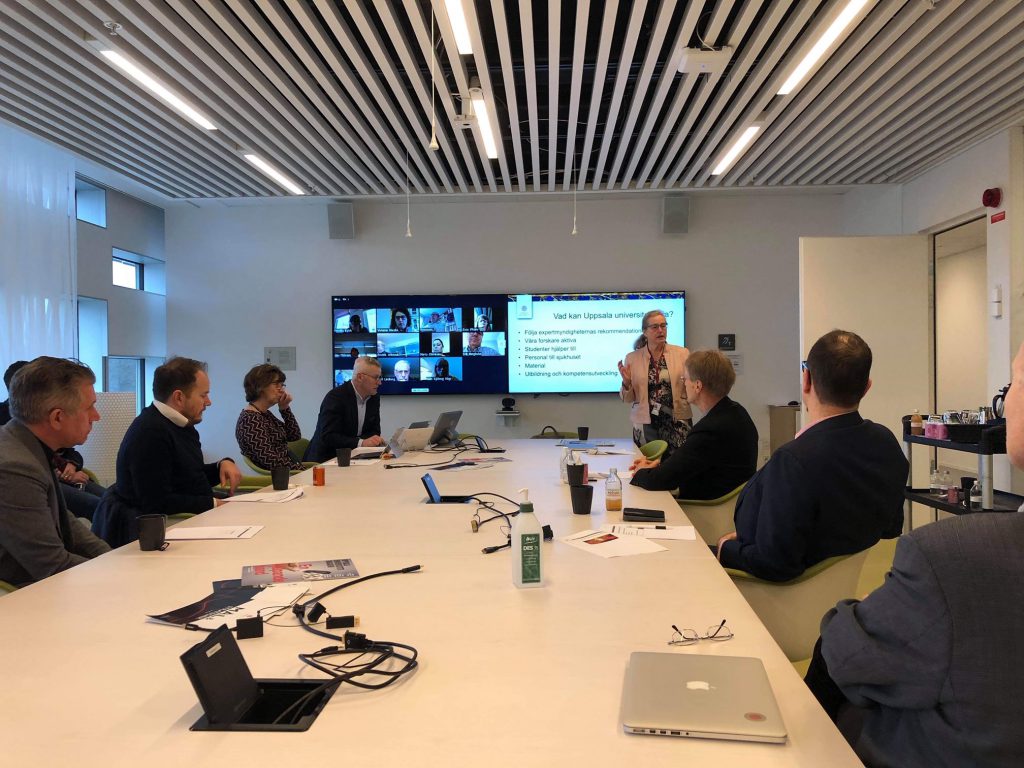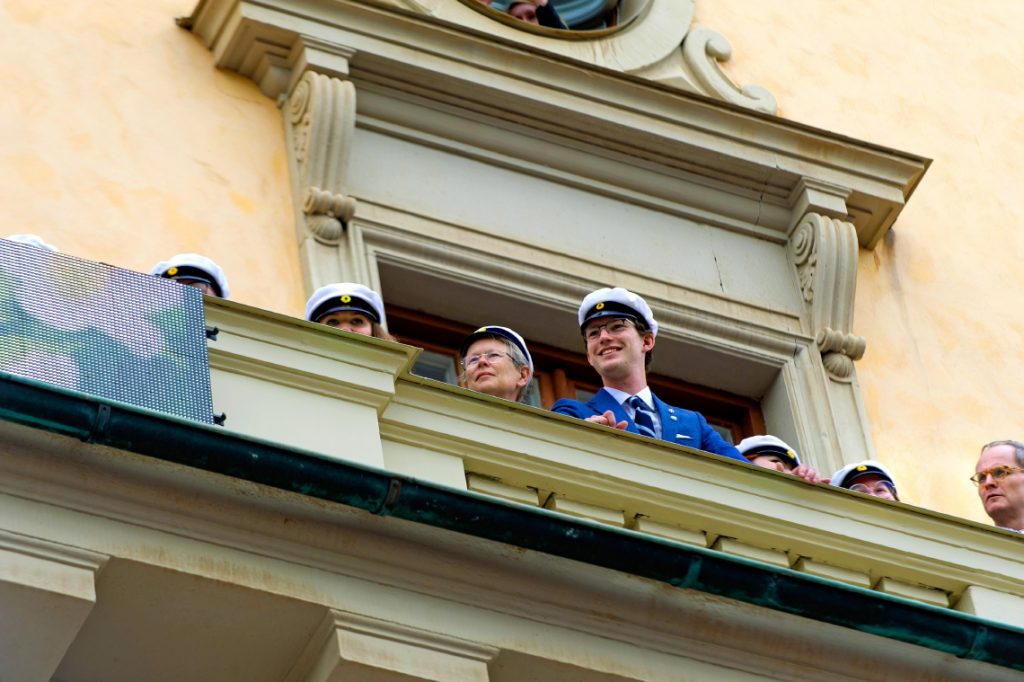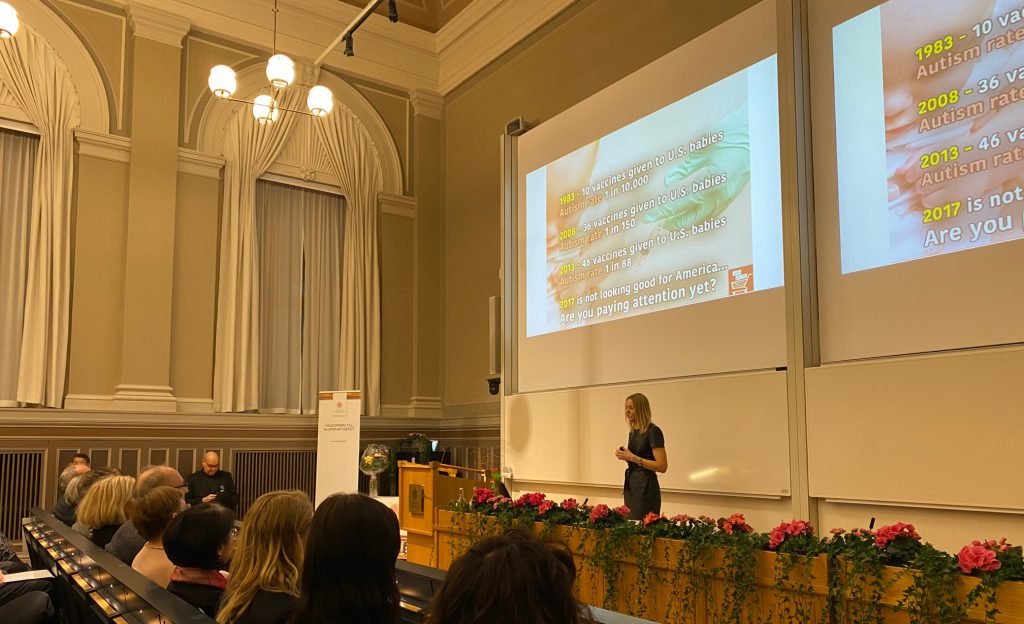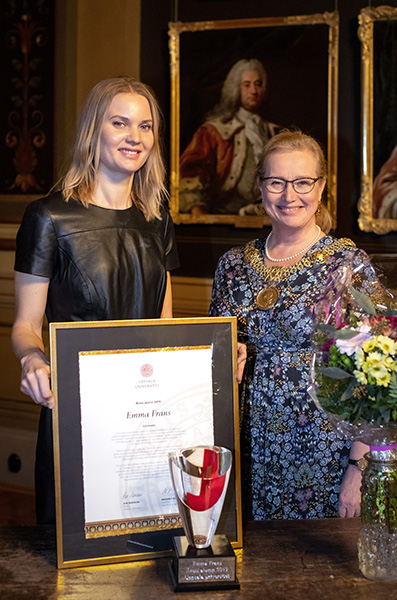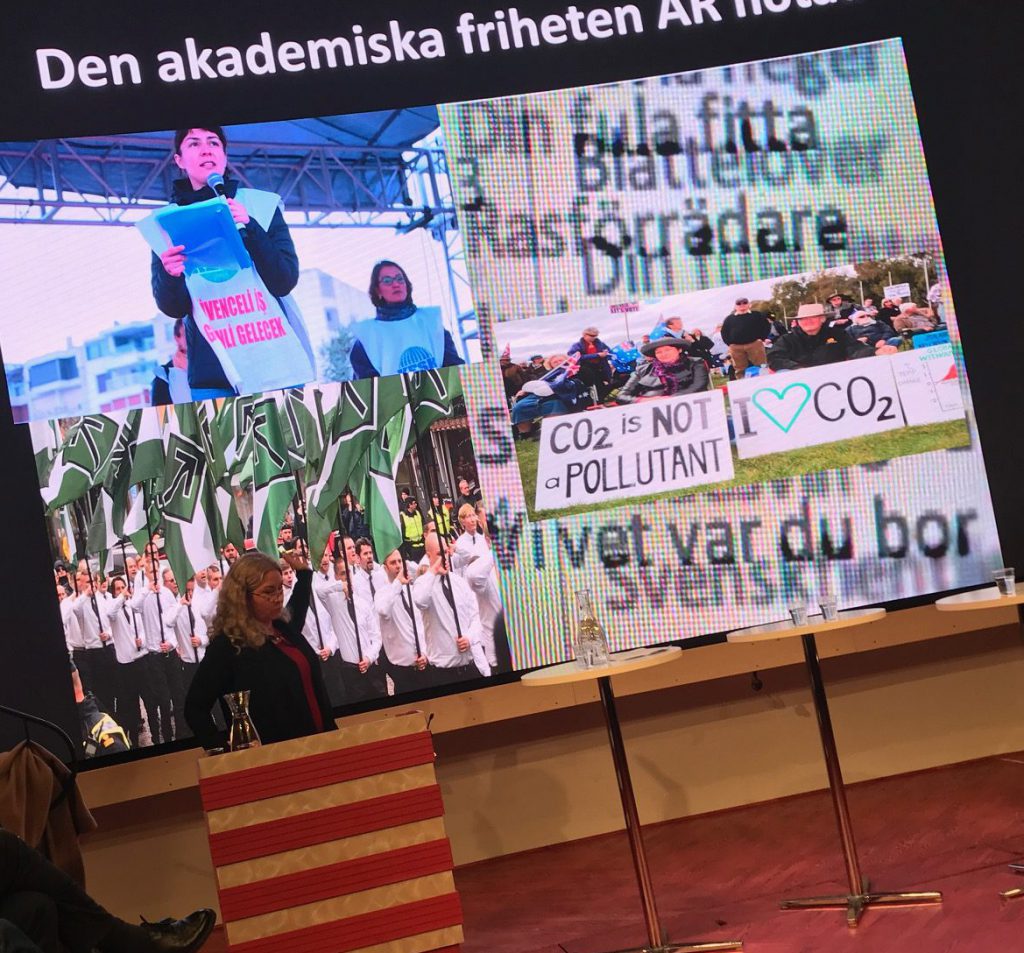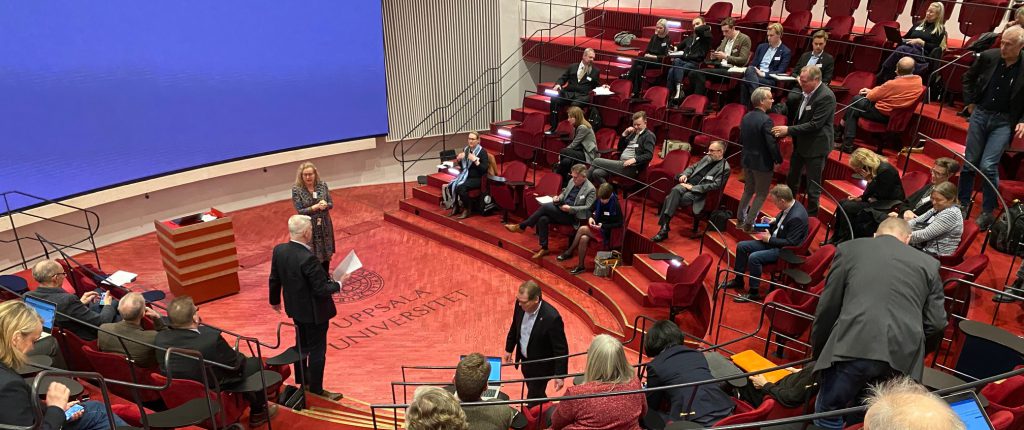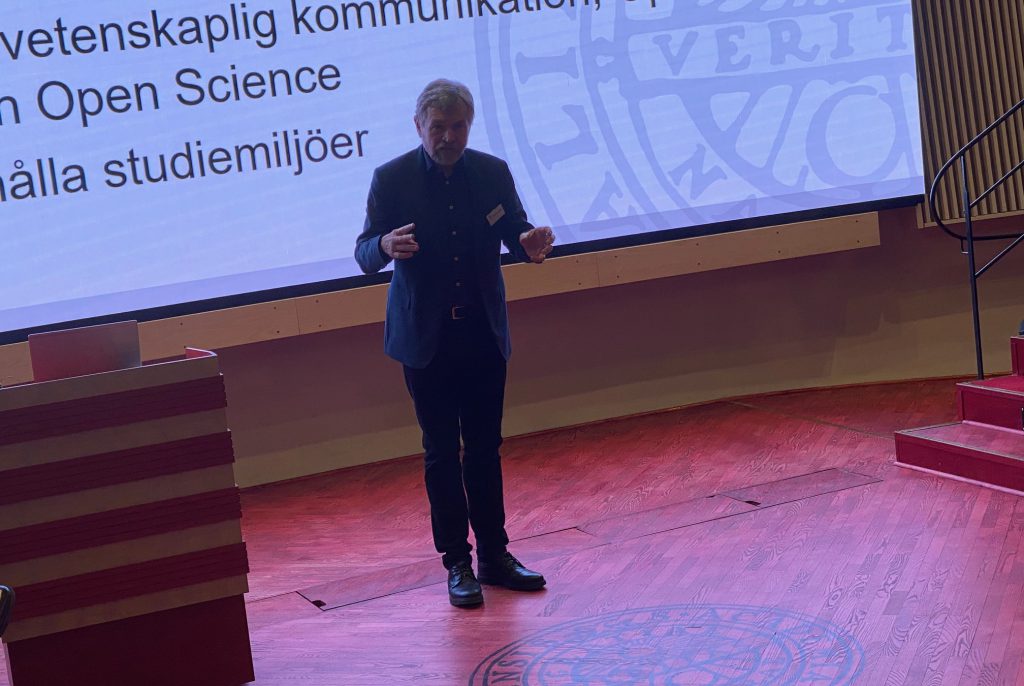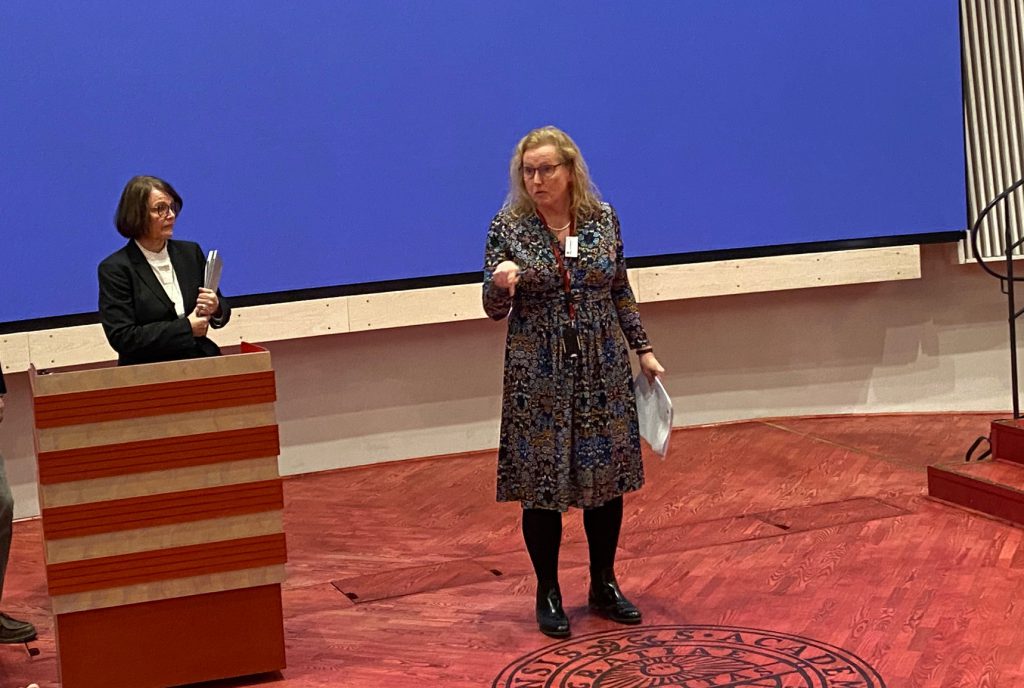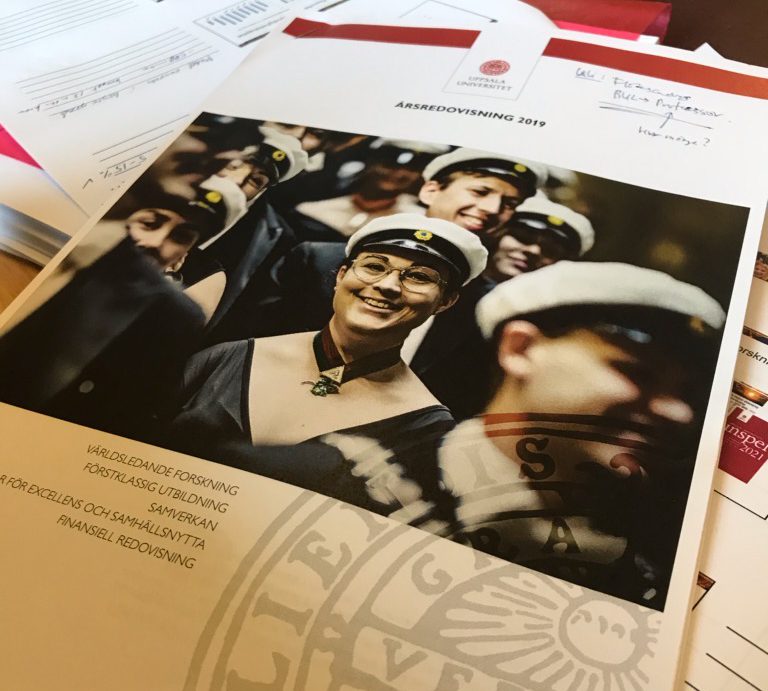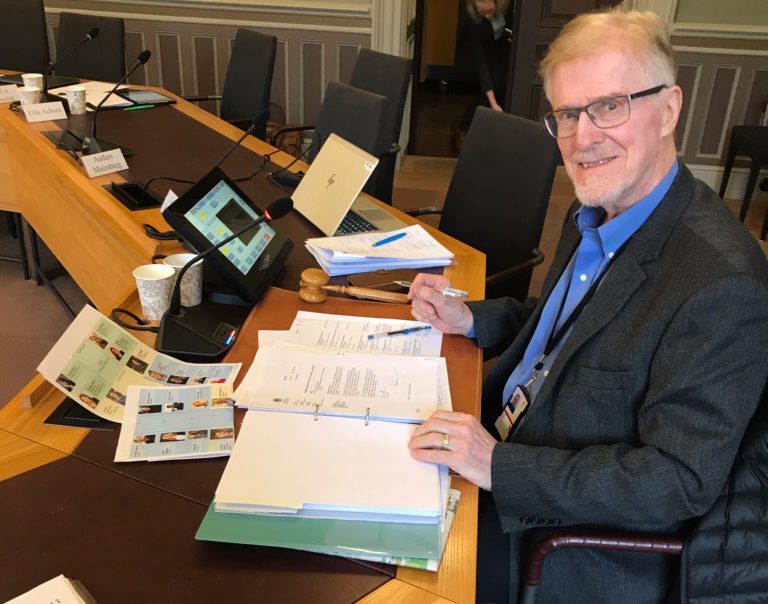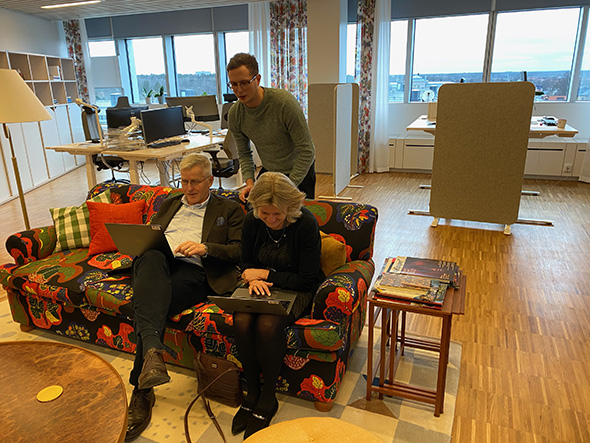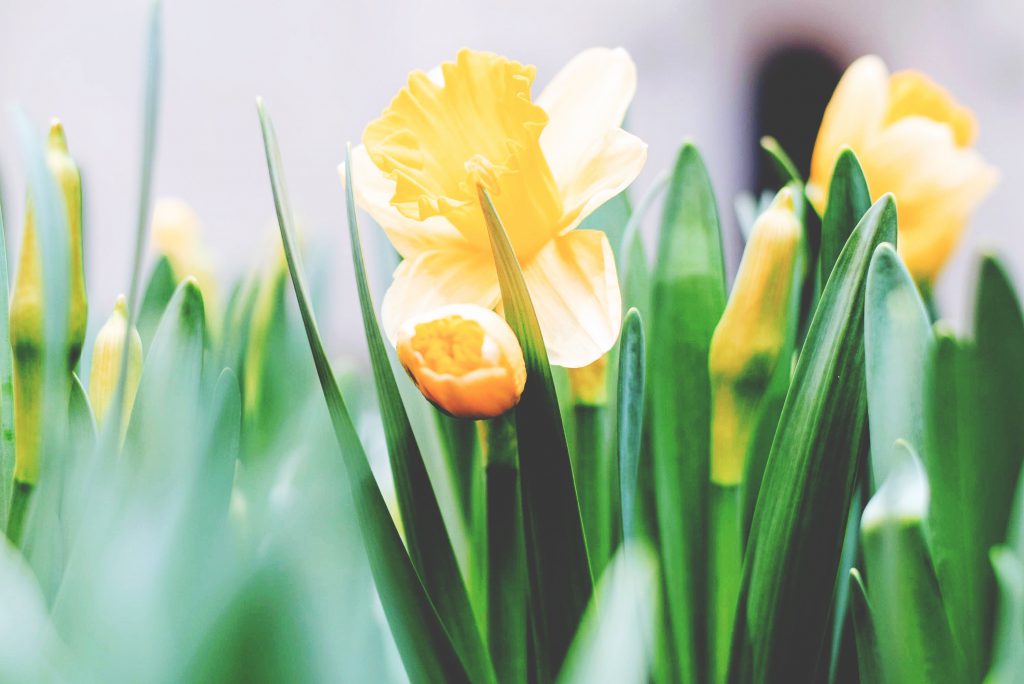
While the world finds itself in a kind of state of emergency, time continues on its way. Easter is approaching and signs of spring are increasingly obvious. Now, with a few days’ holiday coming up, it’s important to keep up the good habits we have learned: stay at home if you have any symptoms, wash your hands, keep your distance. But still, let’s try to enjoy the light, the fresh greenery and the blackbird’s song as well.
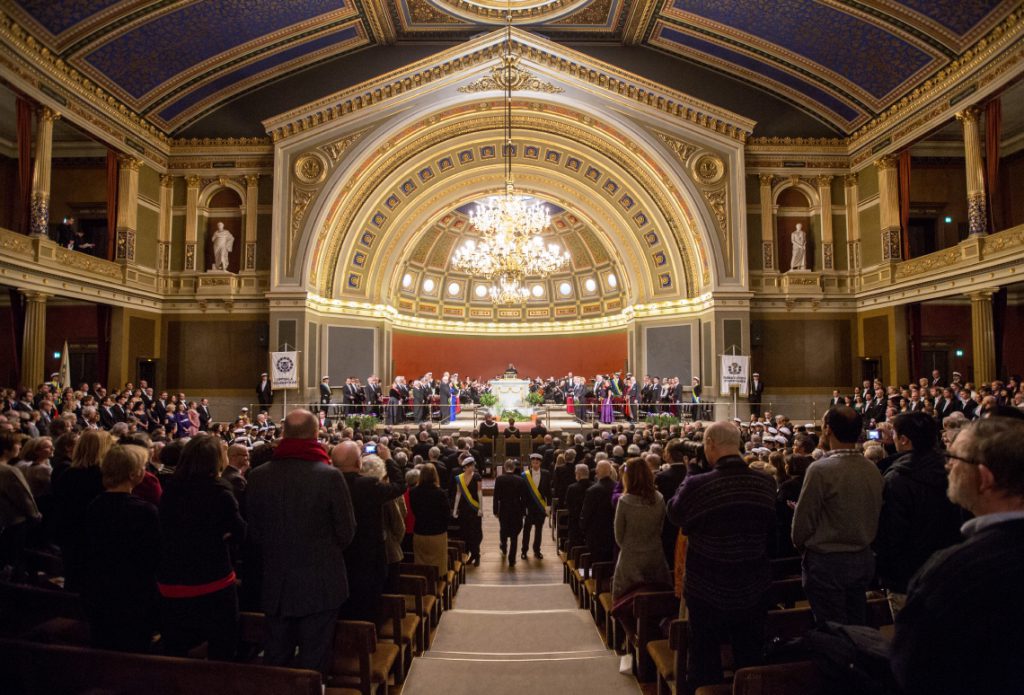
The adaptation of our education and research has gone better than expected. Other activities at the University are also affected. We are postponing the spring conferment ceremony until November, when it will replace the inauguration of professors, while we will celebrate the University’s new professors doubly in 2021. The planning of virtual Valborg activities is in full swing, and the cancellation of Almedalen Week is changing many people’s plans, particularly at Campus Gotland. There is also positive news. Speedy and generous funding from the Knut and Alice Wallenberg Foundation will enable SciLifeLab to take a comprehensive approach and coordinate research on every conceivable aspect of the ongoing pandemic.
Alongside the impact on our work, the coronavirus looms larger in our lives. Many know someone who is ill or has been hit hard economically. For some, life will never be the same again. The consequences for society as a whole are difficult to foresee. We who work at Uppsala University come from all over the world and probably react in rather different ways, depending on our previous experiences and the social systems we are accustomed to. All of us are following national and international developments, via various news sources. There is a lively debate about which measures are effective and which are not. The disparities between the responses of different countries cause uncertainty and frustration. Let us tackle this together and help one another whenever help is needed. Here you will find corona-related information.
We wish you all a good Easter break.

